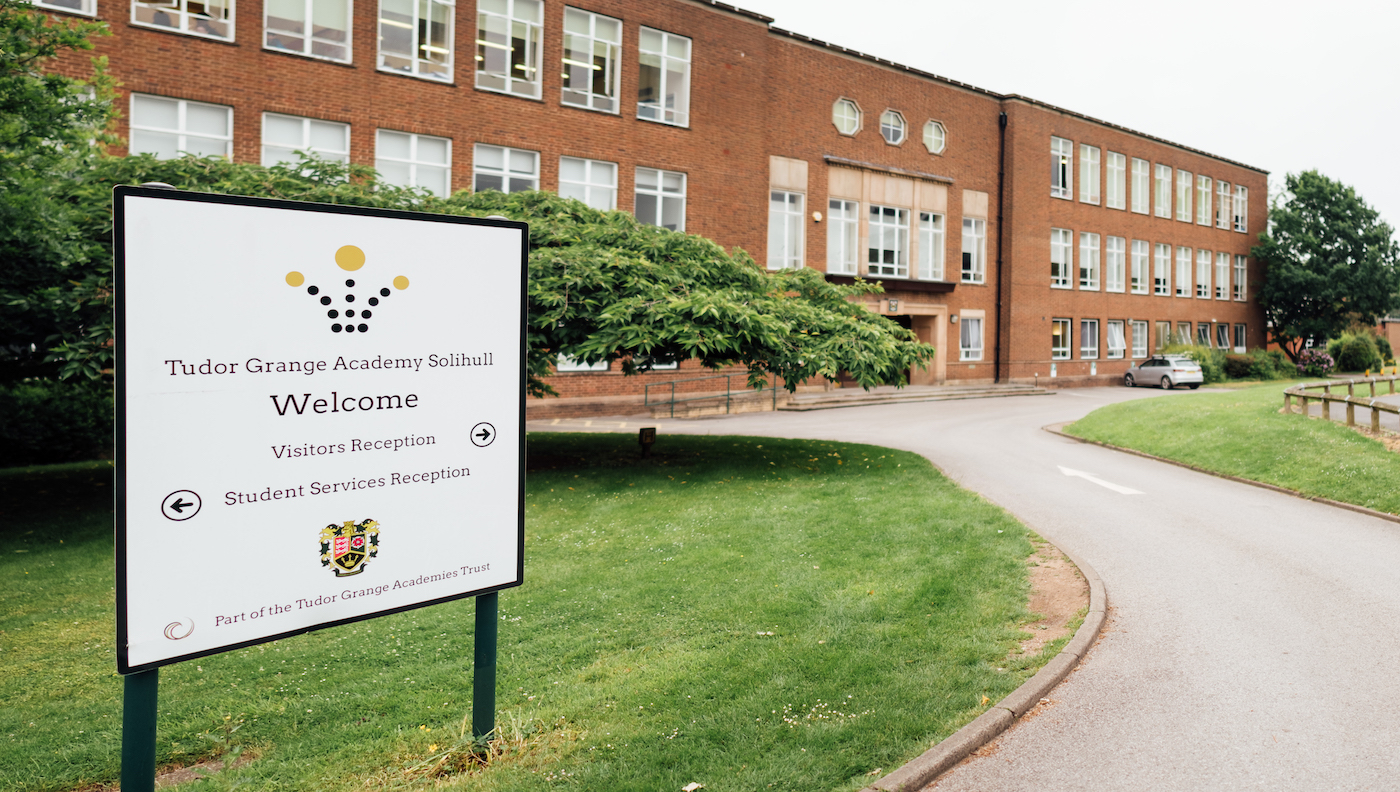English Literature

What specification is proposed?
AQA English Literature Specification A.
A love of reading literature and writing analytically to put forward your own interpretations of texts is necessary to enjoy this course. You will look at all three forms of novels, poetry and drama and explore the historical and social contexts in which texts were written and are received. The skills you have developed at GCSE English Language and Literature will be enhanced further to ensure you can not only analyse within your own readings, but that you can also explore and apply the views of others before arriving at your conclusion. The course is designed to make you a critical, informed and assured surveyor of literature and will certainly ready you for further Literature studies.
What will I study in Year 12 and Year 13?
Throughout the entirety of the English Literature course you will study a total of three units that will span across all forms of literary text as well as a range of time periods. You will study a total of two examination units that will make up 80% of your overall English Literature grade.
Paper 1: Love Through the Ages (40%)
In the “Love through the ages” unit you will study three texts: one poetry and one prose, of which one must be written pre-1900, and one Shakespeare play. The examination will be worth 40% of your qualification and will include three different sections. Section A will focus on Shakespeare, Section B will focus on an analysis of two unseen poems and Section C will be concentrated on testing your ability in comparing different texts. The set texts that we have chosen as a department are Shakespeare’s “Othello” for Section A and ?The Great Gatsby? for Section C. We will also be studying the “Pre 1900 Poetry Anthology” for Section C.
Paper 2: Texts in Shared Contexts (40%)
In the “Texts in shared contexts” unit the Academy has a choice of whether to study “WW1 and its Aftermath” or “Modern Times: Literature from 1945 to the Present Day”. As a department we have chosen the “WW1 and its Aftermath” option and in this unit you will study three different texts: one prose, one poetry and one drama, of which one must be written post-2000. The examination will include an unseen prose extract. The examination will be worth 40% of your qualification and will include two different sections. Section A will focus on analysis of the set texts while Section B will focus on your ability to contextually link. The set texts that we have chosen are “Birdsong” by Sebastian Faulks for Section A and “The Wipers Times” by Ian Hislop for Section B. We will also be studying an anthology of the poetry of Wilfred Owen for Section B.
Non-exam assessment: Independent Critical Study: Texts across Time (20%)
In your non-examination assessment you will write a 2500 word comparative critical study of two texts. With a focus on developing autonomous personal reading the AQA specification uses “Texts across time” to provide you with a challenging and wide-ranging opportunity for independent study. In the unit you must approach your critical study with a focus on exploring one of a range of key themes which could include the struggle for identity, crime and punishment or war and conflict. The title “Independent critical study” highlights the important idea that, within a Literature course, you should have the opportunity to work independently and this unit allows you to explore areas of English Literature that interest you most.
What can I do with this subject?
English Literature is recognised as an academic subject. The ability to communicate articulately, analyse closely and research independently are taught, honed and perfected throughout the course. These skills are greatly desired by competitive universities and employers. The course will ensure that you are well prepared to study English Literature at degree level and, subsequently, English graduates are qualified to enter a range of careers: law, editing, writing, advertising, publishing, journalism and many more. English Literature is also viewed positively by many other essay-based degree courses, should you decide not to pursue the subject.
Specific entry requirements for this course
Students must achieve a grade 6 at GCSE English Literature.
Learning Journey
English Year 12 Learning Journey Autumn